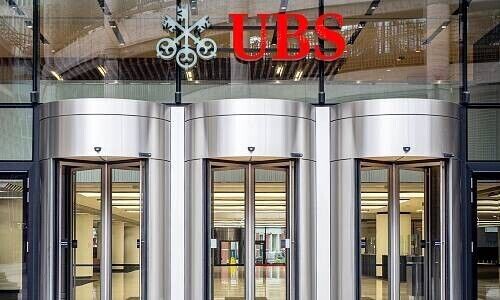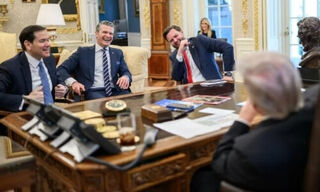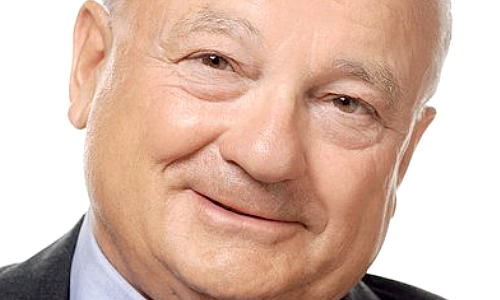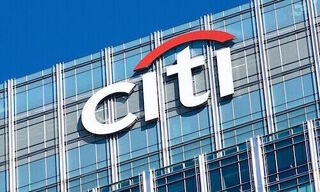UBS Not Out of the Woods in Forex Case
A London appellate court has breathed new life into a foreign exchange manipulation compensation case. Along with other major banks, UBS is once again in the spotlight.
The forex scandal in international currency trading shook the London banking world in 2013. While the case was closed years ago at the regulatory level, the civil law resolution drags on.
Now, a London Court of Appeal has cleared the way for civil claims for damages, according to a «Reuters» report. The lawsuit was originally filed by Phillip Evans, a former head of investigations at the UK Competition Commission, on behalf of thousands of asset managers, pension funds, and financial institutions.
It involves claims of up to 2.7 billion pounds against the banks involved including UBS, Barclays, NatWest, and Japan's Mitsubishi UFJ Financial Group (MUFG).
Opting In or Out
The issue before the Court of Appeal is whether the aggrieved parties join the action via an opt-in or opt-out model where they explicitly join it or state that they don't wish to participate.
Last year, the London Competition Appeal Tribunal (CAT) ruled in favor of the opt-in variant. The current ruling makes the opt-out solution possible again, in which all aggrieved parties automatically become part of the action for the time being.
«This allows the case to continue before the CAT. «A judgment of this nature was required for all those UK businesses – big and small – who have suffered loss as a result of the manipulation of the FX markets to achieve restitution,» a lawyer for Evans said.
The forex scandal involved manipulation of the foreign exchange market from 2007 to 2013, and regulators around the world imposed a total of about $11 billion in fines on financial firms. UBS received a $342 million fine from the Fed but went unpunished in the EU as a key witness.



























